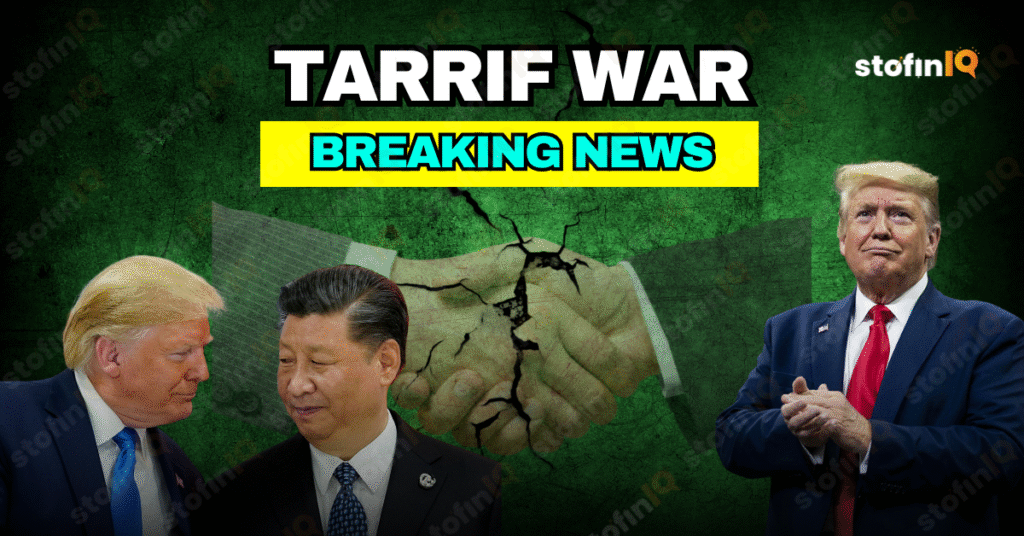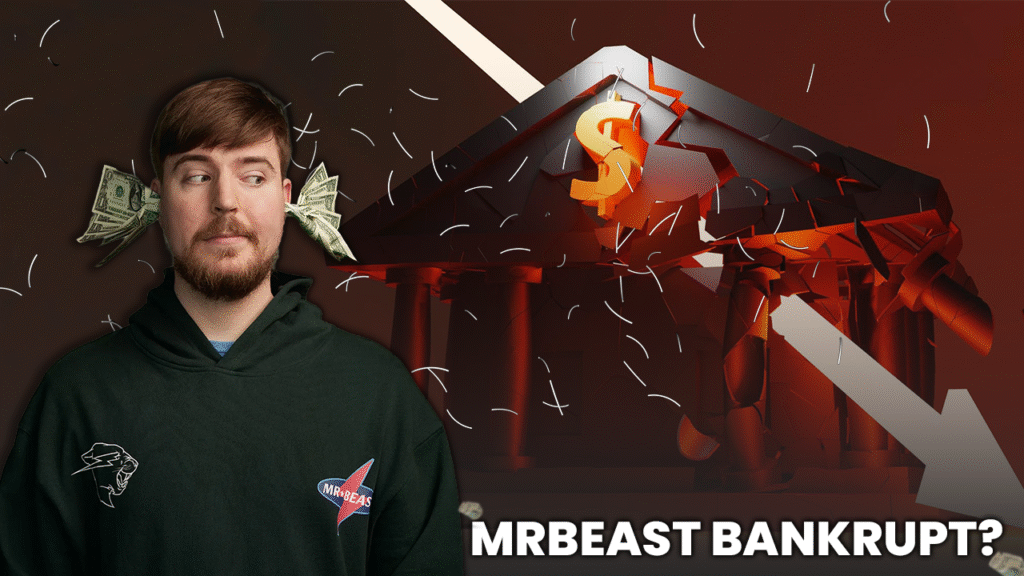
What was initially presented as a trade war has now started to look more like a gold mine, with U.S. Treasury Secretary Scott Bessent stating that America was delighted with its current tariff setup with China. Far beyond being a short-term weapon, tariffs have developed into one of the most lucrative sources of income for the nation’s capital, and projections expect the tax to reach a massive sum of approximately a quarter of a trillion dollars by the end of this year. As Beijing appeals for relief and countries keep an anxious eye on the situation, the Trump administration seems satisfied with the arrangement, as it is finding in tariffs not only a cushion in the short-term fiscal sense but a political weapon as well.
Key Takeaways
- Tariffs will not go away: The U.S. has extended its tariff ceasefire with China, with the duties now being held at about 30 per cent and without any indications of it being rolled back.
- Tariffs will continue to show high expansion, with collection on them expected to surpass 300 billion dollars by 2025.
- Washington Efficiency: Treasury Secretary Scott Bessent says the arrangement is working, albeit with limitations, pretty well, meaning that nothing much is going to happen in the future.
- Question Marks Legal The legality of such emergency powers to institute blanket tariffs is under fire by the courts and by critics, but led by the administration.
- The dilemma facing China is that Beijing, despite its increased initiative in exporting products, still largely depends on the United States.
Not just China:
Tariffs are now being employed as tools of foreign policy against India, Europe and others.
Strategic Vision:
It should again be noted that more than monetary significance is given to curtailing the manufacturing prowess of China and to slowly realign the global trade patterns towards the U.S.
When the tariffs were initially imposed on Chinese imports during the first presidency of Donald Trump, it was witnessed as a substantial addition to a bitter trade war. Critics cautioned that there would be shortages in the global supply chain and rising consumer prices. However, in a few years, the plot has changed: instead of being abolished, tariffs have become a key feature of the American economic policy.
Scott Bessent’s latest remarks underscore this shift. In his view, no urgency to change direction exists in the United States since the tariff regime is working rather well. The peace with Beijing has defused the tension to avoid open confrontation, but the levies are firmly sitting on the bragging rights of the federals, raking in hundreds of millions of dollars at a time.
A Windfall in Disguise
The numbers tell the story better than words. Customs duties, a piddling revenue-collector in time past, are now enormous. Collections have grown by a factor of many times to 300-plus billion dollars of collections this year alone, and the number of collections was a few dozen billion dollars each year a few years ago. This not only renders tariffs more than a tool of trade, but also a true fiscal policy at a time that the U.S. struggles with an unsustainable debt and deficit spending.
With Trump, it’s politically expedient to state that America is not paying the price of the trade war; it is China. In practice, importers are stuck with most of the bill, but the vast volume of imports means the government isня conclacone the indicator returns.
Stability as Strategy
The words chosen by Bessent, namely, that of not fixing something that is not broken yet, characterise the attitude of the administration. There is not much to gain for the U.S. to negotiate on such a profitable arrangement. Rather, the present ceasefire serves as a pressure valve: ties with Beijing do not break down irreversibly, but the constant stream of tariff dollars keeps on coming.
For China, the dilemma is sharper. With its exports in manufacturing considerably dependent on the American market, Beijing has less power to ask to be relieved. It is this imbalance that accounts in a way why Washington is so nearly nonchalant about extending the tariff epoch:
The Legal Shadow
But there is a constitutional and legal tempest lurking under the seeming success. Some of these tariffs were imposed with emergency powers, thus giving rise to arguments about executive overstep of powers. Some of these have already been invalidated by the courts as being unconstitutional, and critics say that the use of emergency declarations to create a backdoor tax system leaves the control of such revenue beyond Congress.
However, as far as appeals linger and collections activate, the White House is not ready to take a step back. In the case of Trump and Bessent, it is first and foremost the short-term financial benefits that faced legal insecurities.
A New Global Order?
The administration of Donald Trump is employing tariffs as one of the tools to rewrite international trade flows. Years ago, Bessent repeatedly claimed that China has an excessive global share in manufacturing, and it is a threat to stability in the world. With tariffs in effect, Washington would bring production back, but slowly, or at least not depend on China any more.
In this regard, tariffs are not only cash machines, but economic instruments that the Trump Administration is seen to be using to re-engineer global supply chains to the American advantage.
A Fiscal Weapon Disguised as a Truce
What makes the policy unusual is its dual face. In front of the media, the administration is speaking of a truce with China, signalling restraint. Behind the scenes, its tariff machinery is being refined as a fiscal tool, as a source of revenue and as an instrument of power politics. It is violent and secure, aggressive yet lucrative- another paradox which may characterise Trump’s economic nationalism.
Finally, the so-called trade war turns out to be not a war anymore. It is now a regular exercise-one that funds Washington, arm-twists Beijing, and sends a signal to the whole world that tariffs are not merely weapons of war but weapons of control. This $300 billion tariff windfall that Trump has going may not yield peace, but it can reliably promise that the United States will be in a position of its choosing to determine the rules.
Eventually, there is no longer a so-called trade war. This has become a constant regime- to finance Washington, to apply pressure on Beijing, and also to send a message to the world that tariffs are not only a weapon of war, rather they are also an expression of sovereignty. A tariff jackpot of $300 billion may not bring peace, but it is better than nothing because at least America will play the game its way now.
Source: CNN, Yahoo Finance
A digital marketer possessing excellent knowledge and skill in off-page, on page and local SEO is competent in the challenging environment. Hard-working, energetic, and a quick learner for any task delegated. Enthusiastic to learn and constantly upgrade knowledge. Mohit brings over 2 years of experience in crafting content that not only ranks well but also provides valuable insights to readers.

